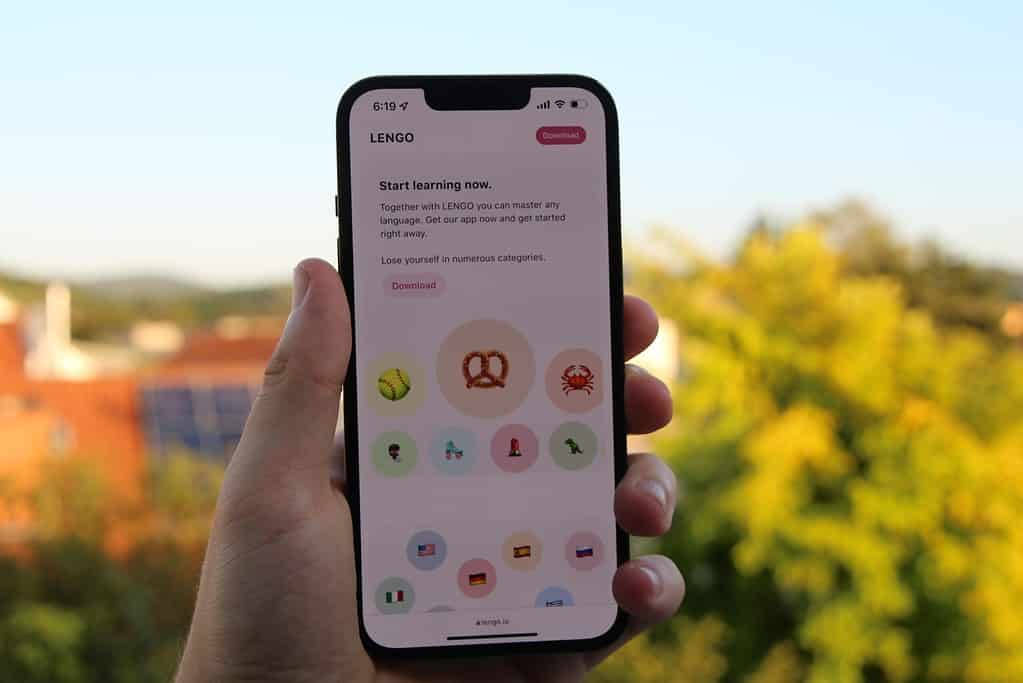Getting your footing in French bureaucracy as an expat can be like deciphering an intricate treasure map—with each paperwork puzzle leading you closer to that coveted “approved” stamp. Whether you’re registering for healthcare, setting up a bank account, or navigating the maze of local government procedures, having a ready arsenal of key phrases is an absolute must. Here at swaplang, we’ve seen how a few well-placed vocabulary tidbits can transform an intimidating process into a manageable, even enjoyable, experience. In this post, we’ll dive deep into essential vocabulary, offer step-by-step guidance for common bureaucratic tasks, and sprinkle in cultural insights that clarify the often enigmatic world of French paperwork.
Essential Vocabulary for French Bureaucracy
Diving into French bureaucracy without fluency in its vocabulary can feel like trying to assemble furniture with instructions in a foreign language. Key terms such as “formulaire” (form), “dossier” (file), “rendez-vous” (appointment), and “délai” (deadline) serve as the backbone of countless interactions with government offices. For example, when visiting a prefecture, you might hear phrases like “Veuillez remplir ce formulaire” or “Votre dossier est incomplet.” With a solid grasp of these terms, your confidence in handling early-stage paperwork will grow. Start small by practicing these words in context, perhaps discussing your own experiences in local government settings with native speakers. Regular conversation practice, such as through one-to-one sessions on swaplang, can make a world of difference as you prepare for real-world interactions.
Step-by-step Guide to Opening a Bank Account
Bank accounts in France come with their own set of specialized vocabulary and procedural steps. Initially, you’ll likely encounter terms like “compte courant” (current account) and “carte bancaire” (bank card). The process typically begins with filling out various forms and providing a dossier that includes proof of address and identification. Imagine being in a bank branch trying to explain that you need to “ouvrir un compte bancaire”; having rehearsed this phrase before your visit is golden. It helps to break down the conversation into manageable chunks: start with a greeting, state your request, and confirm the details required by the advisor. This step-by-step approach not only fills your vocabulary vault but also builds your practical speaking confidence. Every encounter is an opportunity to refine your phrasing and get comfortable with the common idioms and formalities unique to French banking.
Navigating Healthcare Registration in France
Healthcare registration in France introduces a different language set, where terms like “sécurité sociale” (social security) and “mutuelle” (health insurance) dominate the conversation. Here, the bureaucratic dialogue shifts to topics of eligibility, reimbursement rates, and appointment scheduling. Often, you might be asked for “la carte vitale,” a card that provides access to various medical services. When addressing these processes, clarity is essential. If you’re ever in need of a bit of extra help, consider exploring innovative learning methods such as immersive augmented reality experiences for French learning. They offer a creative way to practice handling these complex terms in simulated real-life scenarios, ultimately reducing the anxiety that often accompanies renewal or initial registration procedures.

Tips for Interacting with Local Administration
Local French administration can be an entirely different beast compared to handling bank or healthcare registrations. Here, the conversation often centers around scheduling and following up on administrative requests. When visiting a mairie (town hall) or préfecture (administrative office), being polite yet assertive is key. Phrases such as “Je voudrais prendre rendez-vous” (I would like to make an appointment) and “Pourriez-vous m’aider avec mon dossier?” (Could you help me with my file?) are very handy. Additionally, maintain an awareness of the formal tone expected in these interactions. It might help to rehearse these scenarios with a native speaker outside the pressure of a live interaction. This method not only refines your pronunciation and phrasing but also prepares you for the often bureaucratic back-and-forth typical of French administrative procedures.
Cultural Insights: Understanding French Paperwork
Beyond the vocabulary and logistical steps, it’s important to realize that French bureaucracy is deeply intertwined with cultural habits and values. The emphasis on formality, precision, and chronology in document handling may seem daunting at first, but it reflects a broader societal commitment to order and clarity. For instance, the staggering number of forms and official headings might initially seem excessive, but they also ensure that every detail is carefully recorded. By understanding these cultural nuances, you can approach each interaction with the right mindset and prepared phrases that project both respect and competence. For some, actively discussing these cultural elements on language exchange platforms, like one offered by swaplang, can demystify the process significantly and help you gain valuable insights into everyday administrative practices in France.
Now that you’ve journeyed through key phrases and insider tips for handling French bureaucracy, why not take your skills further? Whether it’s mastering the subtleties of French pronunciation or diving deeper into cultural norms, every conversation brings you closer to fluency. Ready to step into the world of French bureaucracy with newfound confidence? Sign up for swaplang today and connect with native speakers who can guide you every step of the way. Join swaplang and transform the way you master spoken French.

















